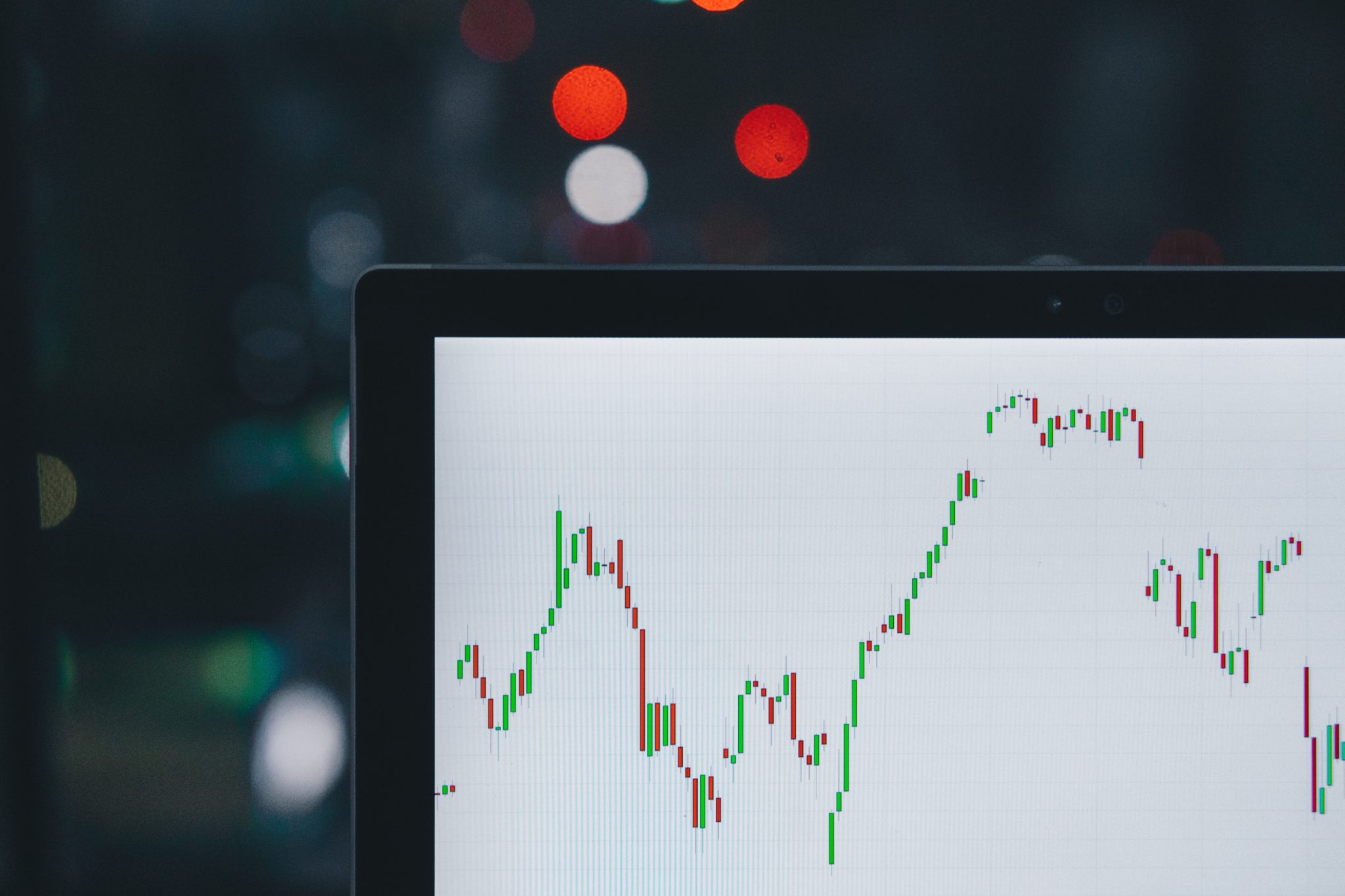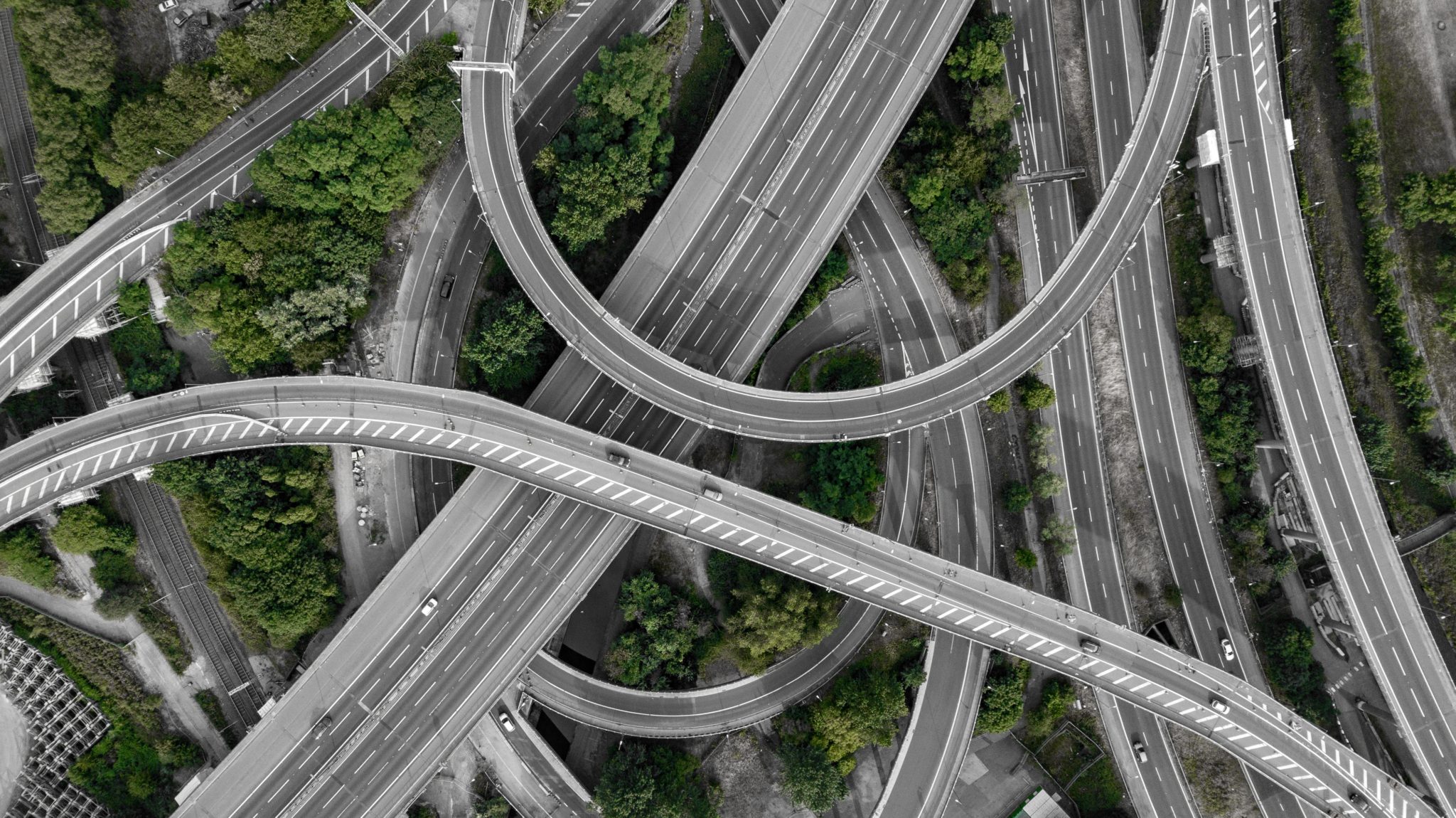Artificial Intelligence is “the capability of a machine to imitate intelligent human behavior.” Often when people hear about AI, they think “the robots are coming for our jobs.” And while that is a common sci-fi trope, it’s not necessarily the reality of the situation. AI will have more of an impact than just simply filling easy, repetitive work. It will affect a wide variety of industries and stakeholders at all levels of the impacted organizations.
Outlined below are industries that AI will most-likely affect in the near future, and what that could mean for all stakeholders involved.

Healthcare
Healthcare is one of the largest and most prominent industries for AI improvements, due to the fact that it affects everyone. According to PWC, there are eight main ways that AI and robotics are going to transform healthcare. This spans from wearable technology that monitors our health and keeps us out of the doctor’s office, to advanced training for healthcare professionals where they can go through realistic simulations generated from AI. The overall goal of AI for healthcare is to provide a better service to patients and to keep more people healthy.
Healthcare stakeholders this could potentially affect include Insurance Providers, Medical Schools, High Tech companies in the Healthcare industry and Pharmaceutical companies. Firms may need to change their business models, medical schools will have to integrate more technical learning into their curriculum, and high-tech companies will be jumping at the bit to start producing AI-capable technology to facilitate these changes to the Healthcare Industry.

Finance
Artificial Intelligence is helping the finance industry, in both internal facing and external facing ways. Consumers will start to have their most routine questions and commands answered by AI chat bots. Chat Bots, like Bank of America’s Erica, not only answer finance related questions but also uncover opportunities where consumers could be saving their money.
“Erica will use artificial intelligence, predictive analytics and cognitive messaging to help customers do things like make payments, check balances, save money and pay down debt.”
In the past, banks have used call centres to deal with questions and commands from consumers, and they may still do that for more complex questions, but for routine questions, chat bots like Erica will provide the answers. This may mean a reduction in the use of call centres across the finance industry.
On the internal side of finance, AI helps with things like fraud detection and process automation. The sheer scale of data that a financial institution collects requires enormous amounts of human capital to analyze and derive insights from; however, AI is able to process the same amount of data in a matter of minutes. Based on this efficiency, AI is able to track suspicious patterns in people’s spending data that can determine whether someone may be committing fraud much quicker than a team of people could.
AI is also disrupting the investment management world. Fund Managers that have got to a point where they’ve digitized their customers’ data, but they need a tool to identify patterns and insights from this data. That’s where AI comes in. AI is able to determine and suggest profitable investments from this data. What does this mean for the economy if traditional investment patterns are disrupted by AI data analysis capabilities? The ripple effect could prove to be bigger than expected here.

Retail
Consumers will potentially notice AI most in retail. If you’re one of the people that still goes to a grocery store to buy groceries, you may notice that there are robots stocking the shelves. Much of AI’s in retail, like many other industries, will be to increase efficiencies and cut down on costs. Walmart is already introducing robots in its stores to help with cleaning and inventory management. This spurs the question, how do you regulate robots’ interactions with people in the stores and ensure that customers are essentially, safe?
Other retailers, like UK-based grocery chain Ocado, are taking this trend to the next level by eliminating the brick-and-mortar retail experience altogether. Instead, Ocado customers place orders online (or via mobile devices) which are entirely fulfilled automatically. Their distribution centres are staffed by fleets of autonomous robots who pick and package up each order for delivery. While the infrastructure requires a significant up-front investment, the ROI is immediately apparent; their workforce can work at all hours of the day, only taking breaks to recharge their batteries. Thankfully for Ocado, their success doesn’t appear to be a fleeting novelty; they have begun licensing their breakthrough technologies to other grocery chains, and have already begun deploying distribution centres in North America.
Another exciting use for AI in retail, is in smart mirrors. Smart Mirrors use technology to assess your outfit and provide suggestions to “complete the look”. Some people may find this helpful, and frankly, some people may find it creepy. It will be interesting to see whether or not these technologies actually improve the retail experience or further push people to buy online.

Transportation
The place everyone’s mind goes to when thinking about AI in transportation, is self-driving cars. Tesla already has an autopilot mode. An almost every automobile manufacturer is invested in AI technology surrounding self-driving cars. While fully-autonomous cars have not been approved for use in North America yet, as more manufacturers integrate self-driving technologies into their vehicles, the pressure on law makers will only increase.
Once autonomous cars become the norm, how will that impact consumers’ attitudes towards car ownership in general? Would each car’s performance really matter to consumers if they’re not actually experiencing what it feels like to drive the car? If the driving/riding experience in a self-driving sports car is virtually the same as in a family sedan, how will that affect buying decisions? How will it affect automakers’ designs when developing new models?
In addition to self-driving cars, there are many other ways in which AI will affect the transportation industry.
Self-driving cargo ships are actually expected to be operational before self-driving cars. 90% of the world’s trade is transported on the sea. Part of the reason for this is the fact that the ocean doesn’t necessarily have infrastructure and may not be as crowded as streets. So why aren’t all ships automated? The fact that there have been 448 major cruise ship accidents since 2005 illustrates the point that maybe ships would be safer if there were left in the “hands” of AI.
Whether it be self-driving cargo ships or AI assisted smart mirrors, the face of multiple industries will change due to AI. Although some jobs may be lost, others will be added. Only time will tell which stakeholders will benefit from AI, and those that will be negatively impacted. What do you think? How will AI affect your industry, or even your role?

